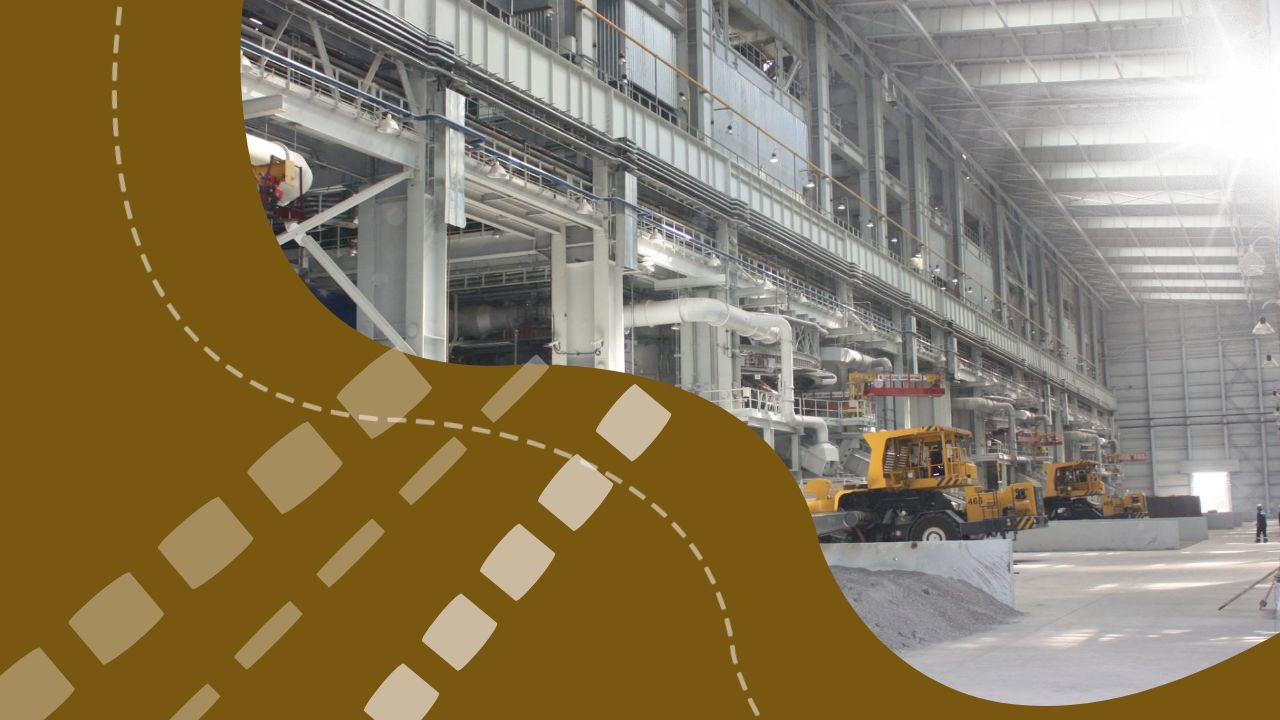BRUSSELS — Speaking to industry leaders, the EU’s trade commissioner outlined a series of new measures aimed at strengthening Europe’s aluminium sector amid rising geopolitical tensions, high energy costs, and intensifying global competition. Addressing the Aluminium Europe conference, he emphasized that aluminium is not only a pillar of the continent’s industrial history but also a critical material for its clean-tech future, defence capabilities, and strategic autonomy.
The commissioner noted that aluminium remains essential to modern industries, underpinning technologies such as solar panels, wind turbines, batteries, sustainable buildings, and resource-efficient packaging. Its designation as a strategic raw material under the EU’s Critical Raw Materials Act (CRMA) reflects its importance.
The speech came against the backdrop of an “increasingly unpredictable” economic and geopolitical landscape, which has hit energy-intensive sectors particularly hard. The European Steel and Metals Action Plan, launched in March 2025, identifies the sector’s three primary challenges: persistently high energy costs, unequal global carbon-pricing systems, and unfair trade practices — the latter being the commissioner’s central focus.
He highlighted that trade remains a core strength of the European economy, with over 700,000 EU companies exporting goods and supporting more than 30 million jobs. The aluminium industry alone exports over €10 billion annually to key destinations including the UK, U.S., Switzerland, Türkiye, and India.
To support that competitiveness, the EU is expanding its network of free trade agreements, having recently concluded deals with Indonesia, Mercosur, and Mexico, and continuing negotiations with India, the Philippines, Thailand, Malaysia, and the UAE. As the EU will continue to rely on imports of bauxite and alumina, trade diversification remains essential.
But openness, he stressed, must be paired with strong protective instruments. The EU will rigorously deploy its trade defence tools against dumped or subsidised imports and has established an import surveillance task force to monitor sudden surges, such as those linked to tariff changes by third countries. The recent EU ban on Russian aluminium under the 16th sanctions package was cited as an example of decisive action.
A major industry concern is the “leakage” of aluminium scrap, with over one million tonnes leaving the EU annually despite scrap’s central role in decarbonisation and circularity. The commissioner announced that the EU is launching preparatory work on a new measure — expected by spring 2026 — aimed at balancing the needs of producers, recyclers, and downstream users while ensuring adequate access to competitively priced scrap. He underscored that the goal is not to block exports entirely but to safeguard a strategic commodity vital for low-carbon aluminium production. Public consultations will begin later this year.
Another pressing issue remains the U.S. Section 232 tariffs, which impose 50% duties on EU aluminium and steel exports. Calling the tariffs “de facto prohibitive,” he said the Commission is pushing for a solution based on tariff-rate quotas tied to historical trade levels, maintaining the agreed 15% cap on all EU exports — including derivatives — under the EU-U.S. Joint Statement. He confirmed upcoming meetings with U.S. Commerce Secretary Lutnick and Ambassador Greer to advance discussions.
Concluding his remarks, the commissioner stressed that aluminium production is inherently complex and now further challenged by global instability. While trade policy tools are essential, deeper structural issues — such as energy pricing and investment conditions — must also be addressed to strengthen the long-term business case for producing aluminium in Europe.
He reaffirmed the Commission’s commitment to working closely with Aluminium Europe and the broader industry to deliver “tangible results in short order.”

